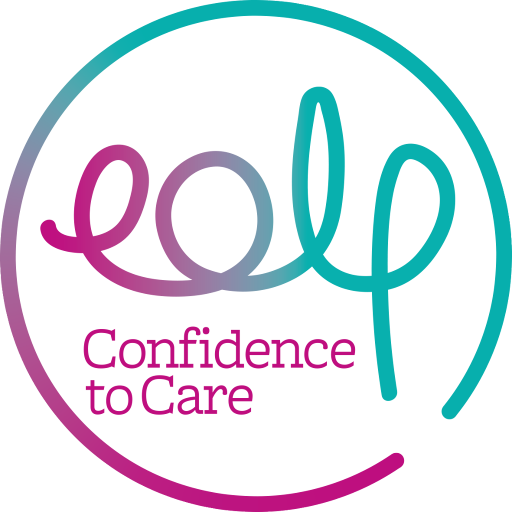Cancer and Dementia Scoping Project

Age is a risk factor for both cancer and dementia, and the number of people living with both conditions is predicted to rise due to our ageing population.
EOLP were commissioned by the Cheshire and Merseyside Cancer Alliance (CMCA) to understand the support that is currently available for people with a dual diagnosis of cancer and dementia in Cheshire and Merseyside, and how this could be improved.
EOLP have worked with CMCA since 2021 to deliver service improvement and data analysis projects. The Cancer Alliance approached EOLP on this occasion due to our expertise in dementia, project management experience and understanding of working at Integrated Care Board (ICB) level. This project also provided an opportunity for EOLP to develop links with Liverpool University Hospitals NHS Foundation Trust who provided expertise in cancer to complement EOLP’s knowledge of dementia.
The scoping work included:
· The level of need – expected numbers of people with a dual diagnosis in Cheshire and Merseyside
· Best practice and research at a regional and national level
· Current provision for dual diagnosis
· How professionals’ skills, understanding and knowledge of decision making for people with dementia impact on clinical practice and decisions to refer for cancer diagnosis and treatment.
In December 2024, the project team shared their initial findings with stakeholders and co-produced recommendations about how support for people with a dual diagnosis and their carers could be improved.
Key findings included:
· Silo working between dementia and cancer professionals, with opportunities missed to share expertise.
· Professionals wanted to improve their understanding of both conditions and needed more support with clinical decision making
· Symptoms were not always recognised or well managed
· Family carers felt isolated and not listened to
· Simple changes to care plans and putting in place reasonable adjustments can have a significant impact on patient and carer experience
These draft recommendations are currently out for final consultation with clinical stakeholders and include:
· Integration of dementia specialists into cancer MDT working to improve care co-ordination and patient experience
· Training and education for people working in cancer and dementia services on one anothers’ areas of expertise
· Education and awareness raising for family carers to increase their knowledge and confidence of both conditions
· Further exploration of patient passports and flagging systems to ensure that reasonable adjustments are made for people with a dual diagnosis
· More consistent commissioning of post diagnostic support for people with dementia
Once finalised and approved, the project findings and recommendations will be shared during early 2025 via a webinar event and the publication of the project report.
